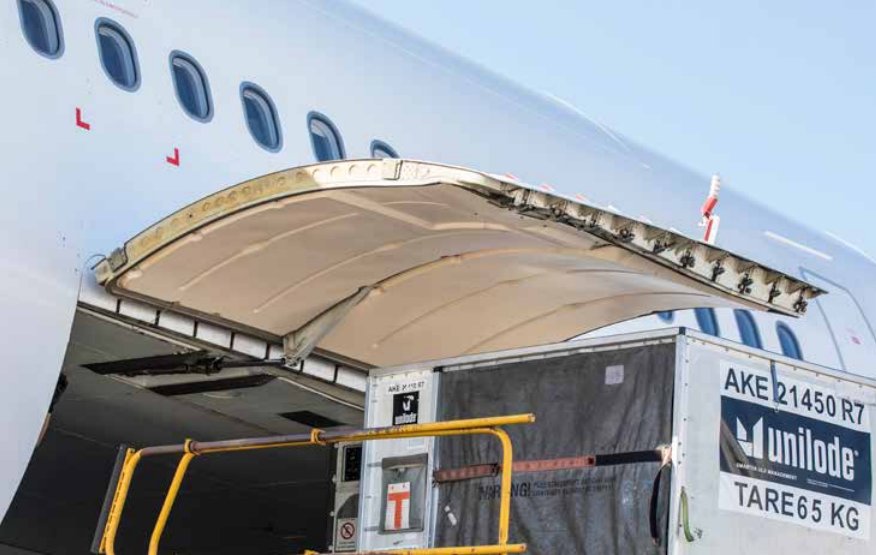Bluetooth beacons are increasingly being used in the aviation industry to track pallets, unit load devices (ULDs) and audit temperature, humidity and shock levels.

Cargo Airports & Airline Service magazine has an article on the Bluetooth Revolution where it mentions ULD provider Unilode’s use of Bluetooth tags. Unilode is equipping its 125,000 ULDs with Bluetooth readers. This will take over two years but 80% should be fitted out within 18 months.
The most significant development recently in ULDs is the development of Bluetooth Low Energy tracking devices.
The article mentions how Unilode has been exploring the use of RFID over last 25-30 years. It says Bluetooth provides the solution to RFIDs limits of range, infrastructure cost and interference with aircraft systems. Bluetooth additionally allows monitoring of ambient shipment conditions, temperature sensitive cargo and shock sensitive cargo.
The key benefit of Bluetooth is knowing where units are, all the time, rather than relying on scanned updates. It provides for better utilisation of assets. This makes transport of freight easier, smoother and more efficient.
Real-time monitoring of assets allows the client to immediately know when assets are behind schedule, being routed inappropriately, or in poor conditions.
Bluetooth not only provides a scaleable and affordable way of tracking pallets and unit load devices but can also provide for tracking the status of smaller critical packages such as pharma and and cosmetics goods.
Here at BeaconZone, we have seen beacons used more for airline temperature sensing rather than tracking. For example, iB003N-SHT beacons are used by Qatar Airways to monitor the temperature of pre-flight cargo holding areas.